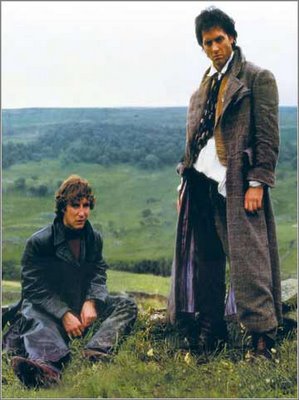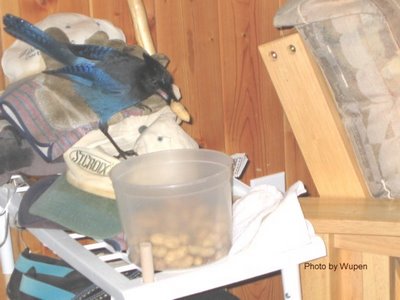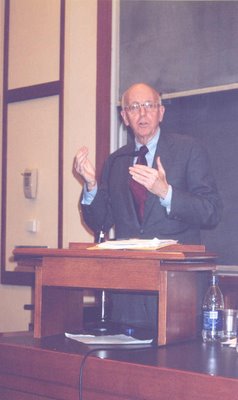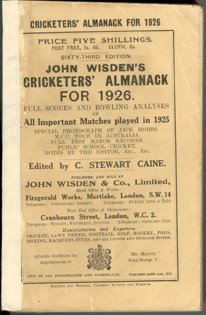
The Sedentary Militia
We built these postal districts
over the bones of the dead
because we didn't recognize them
until remote control
returned them to us
as eye-stuffing but static ritual--
Frank McHugh & Capucine,
Alec Baldwin & Bart the Bear,
rolling bones in the alley
behind was it the Archimedes Club,
The Old Flag Inn, The Ambassador,
The Outrigger, The Diner's Rendezvous?
Not even the sky uninterrupted
by their clacking sound
as the old machinery broke down,
& town stopped being "town"
& the mountains got filled in
with mile after mile of drywall scrim
through which a poltergeist chopper
but not an untainted breeze could pass.
Cold was the heather
& colder was the weather,
colder still the reckoning--
Gulliver burgers & brown soup
over hashmarked bohemian rice
not far from where the very air
was unpacked & rendered
of its rhetoric, passed out
in the park for pigeon peas,
a yard of rotting pillow straw
ripped from home plate & turned
from the foot of Woodland
toward the bus stop.







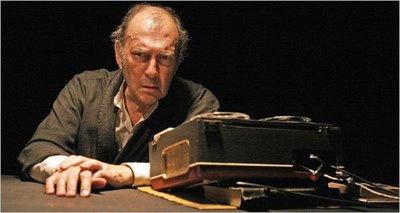
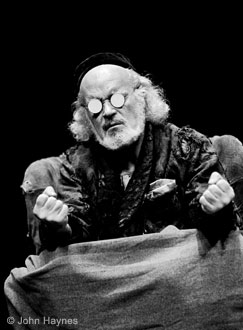

 Jenny Uglow, whose biography of Hogarth is a great favorite, has written one on another engraver, Thomas Bewick
Jenny Uglow, whose biography of Hogarth is a great favorite, has written one on another engraver, Thomas Bewick


